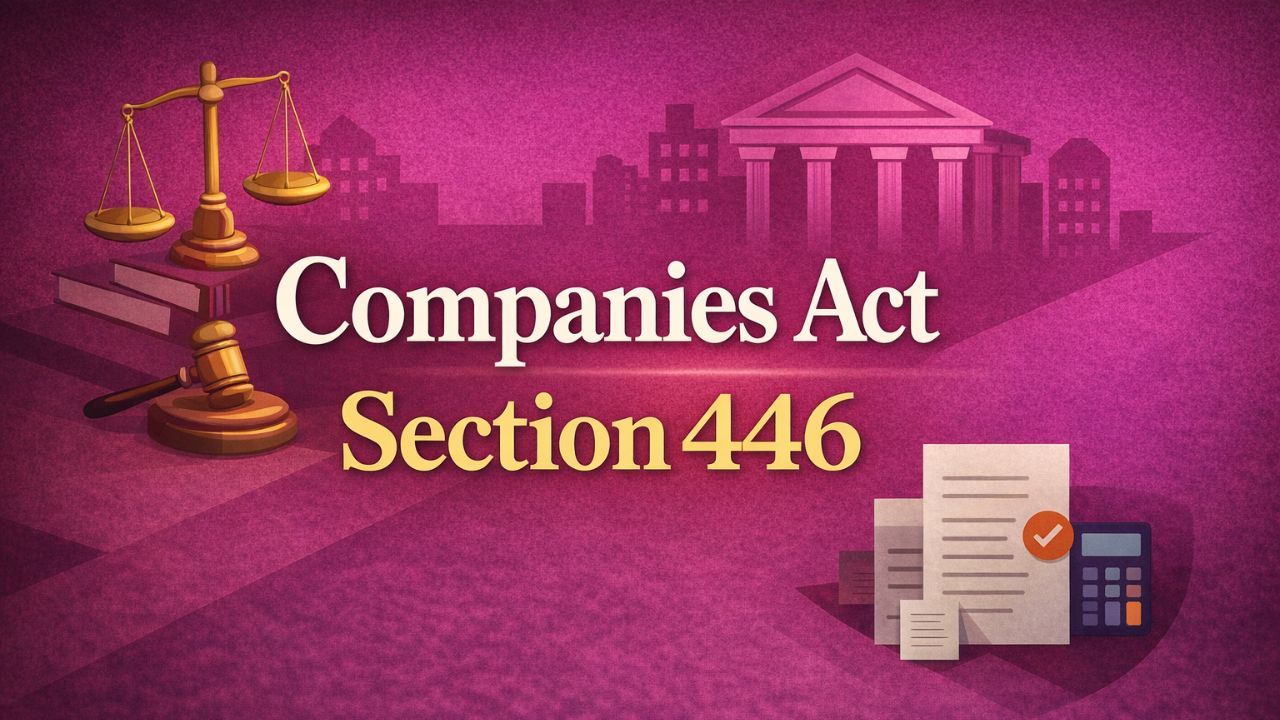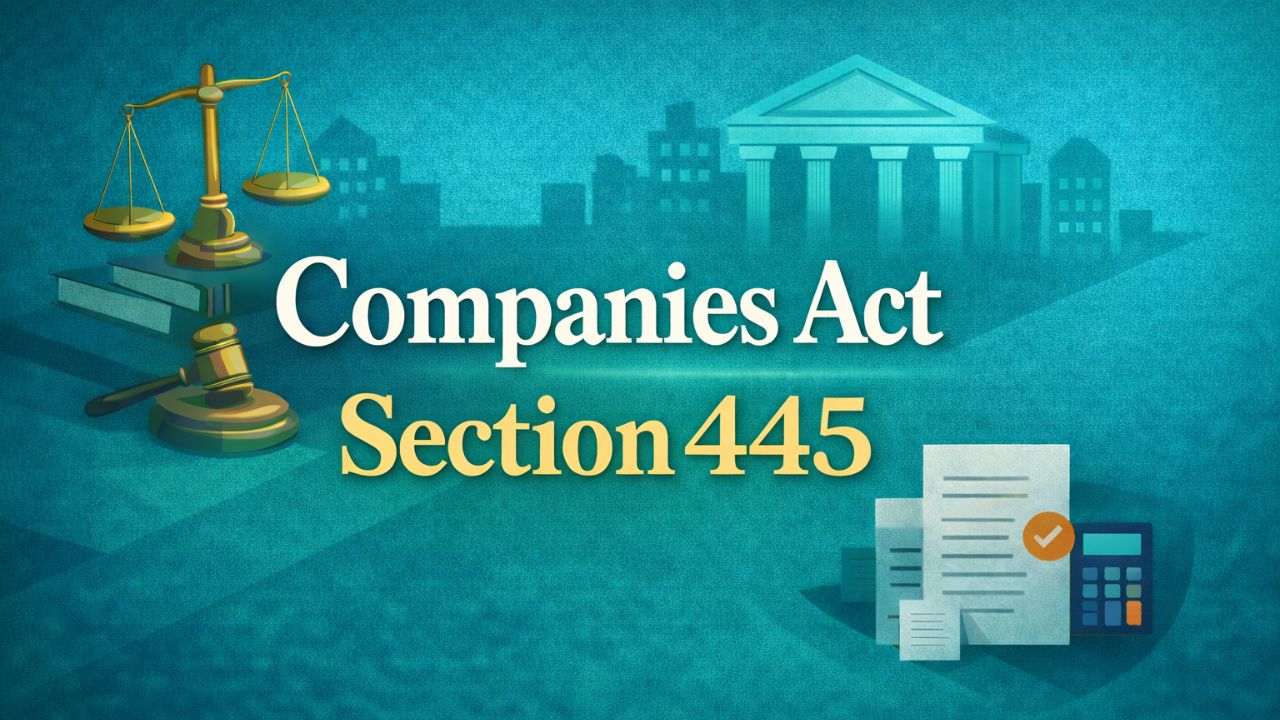
CONNECT TO AN EXPERT
A Partnership is a type of business structure in which two or more people manage and run a company according to the Partnership Deed. A Partnership firm allows for joint ownership of a company. In this type of business, the profit and loss are shared equally by all the partners. This form of business can be registered and unregistered, depending upon the agreement made by the partners.
A Partnership firm's structure is defined by the Partnership Act of 1932. Partnership formation is common in India in the unorganized sector, especially among small and medium-sized businesses.
In a Partnership, partners are the individuals who join together to form the business. A contract between the partners establishes the Partnership firm, known as the Partnership Deed. A Partnership Deed governs the Partnership which is a written document that all partners must sign. The Deed contains information about the firm, such as the name, contact information for the partners, the nature of the business, the location of the business, the capital invested by the partners, and so on.
Partnership firms can be registered and unregistered. A Partnership can also be registered after it has been formed. There are no penalties for Partnership firms that do not register. However, under Section 69 of the Partnership Act, unregistered Partnership firms are denied certain rights.
Advantages of Partnership
Small businesses consider forming a Partnership because the process is simple and there are few regulatory requirements. There are several advantages of the partnership business. They include the following:
Low costs: Starting a Partnership is less expensive. The business can be formed with minimum capital investment. Because there is no minimum capital requirement, two or more people can start a Partnership firm without much difficulty.
Ease of setting up: Partnership firms are easier to form. All that is required to form this kind of venture is a Partnership Deed, containing information about the firm and the nature of the business.
Joint liability: In this form of business, the partners are responsible for the business risk, loss, and liability. Any loss incurred by the company will be shared equally or according to the Partnership Deed ratio, reducing the burden of loss on a single person or partner.
Prompt decision-making: Because there is no distinction between ownership and management, the decision-making process in a Partnership firm is quick. All of the decisions are made jointly by the partners and can be implemented right away.
Equal share of profit: The profits of the company are shared equally by the partners in the Partnership firm. According to the Partnership Deed, all the partners in the business have the same share in the profit of the business.
Dissolution is easier: Like the formation, the dissolution of a Partnership firm is simple and requires few legal procedures.


Offices in India


Years Experience


Your Time


Back Guarantee
Credence Corporate Solutions Pvt Ltd is one of the leading Online Business Solution Company in India, where any Large, Medium or Small business houses as also Entrepreneurs get Start-up services and Taxation solutions. One stop business set-up and corporate services company. We are a team of Professionals and Associates like Chartered Accountants, Company Secretary and Consultants with vast knowledge and experience, committed to provide consistent, customized and workable solutions in the fields of ROC, Taxation, Accounting, Labour Laws, Audits, etc...
Read MoreGet the latest company news, corporate information, and more on Credence Corporate Solutions. View this section for the recent information on Company Registration, Licenses, GST, Income Tax, Trademark, Product Mark and other topics. Get to chat with our business experts, read business articles, and stay up-to-date on the newest business news.
 Feb 25, 2026
Feb 25, 2026
Companies Act, Section 446: Application of Fines Imposed Section 446 of the Companies Act, 2013 deals with how fines imposed by courts in corporate offence cases may b...
Read More Feb 24, 2026
Feb 24, 2026
Companies Act, Section 445: Compensation for Accusation Without Reasonable Cause Section 445 of the Companies Act, 2013 acts as an important protective safeguard for c...
Read More© 2020 CREDENCE CORPORATE SOLUTIONS PVT. LTD. | Website by Wits Digtal Pvt. Ltd.